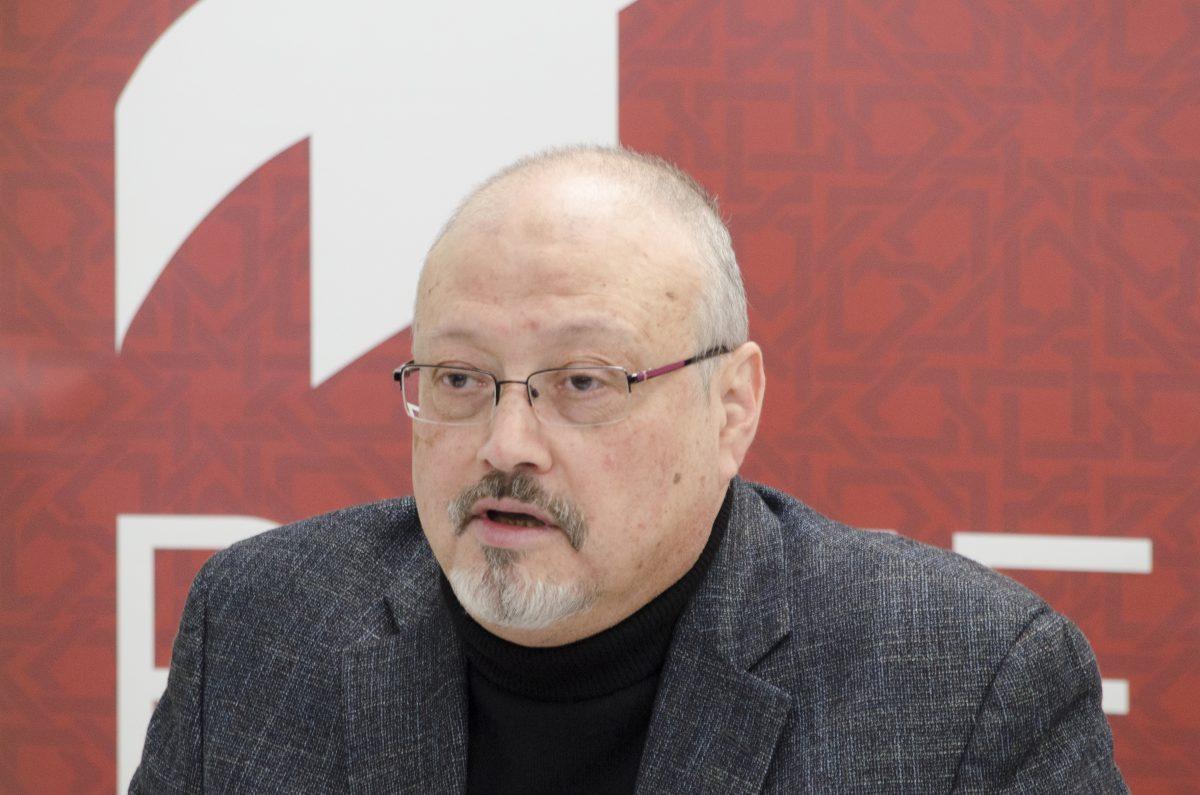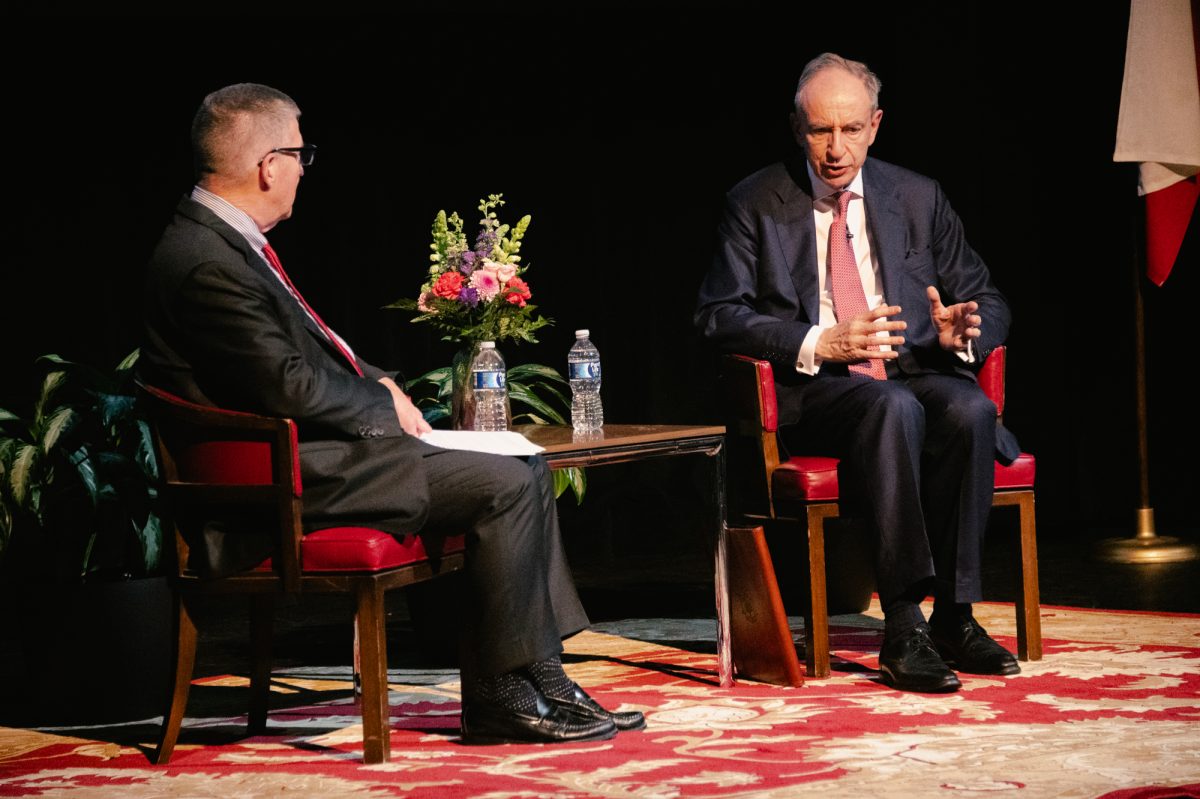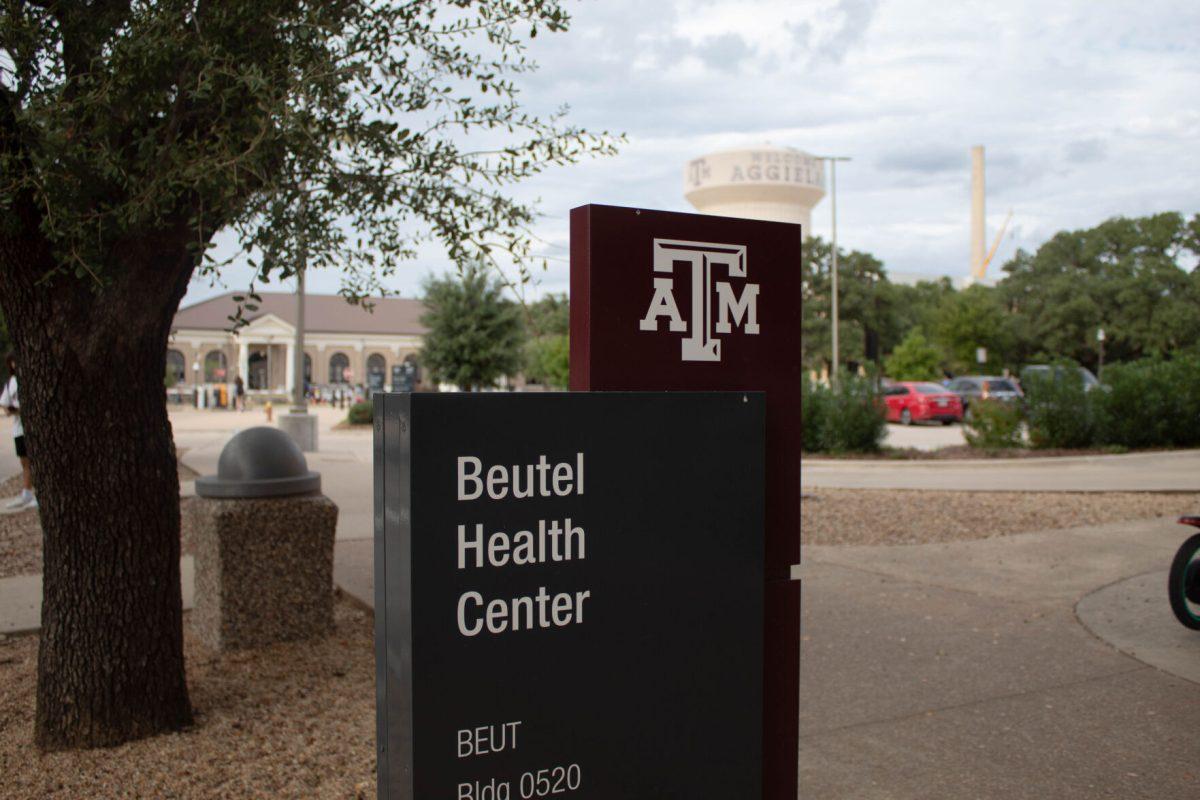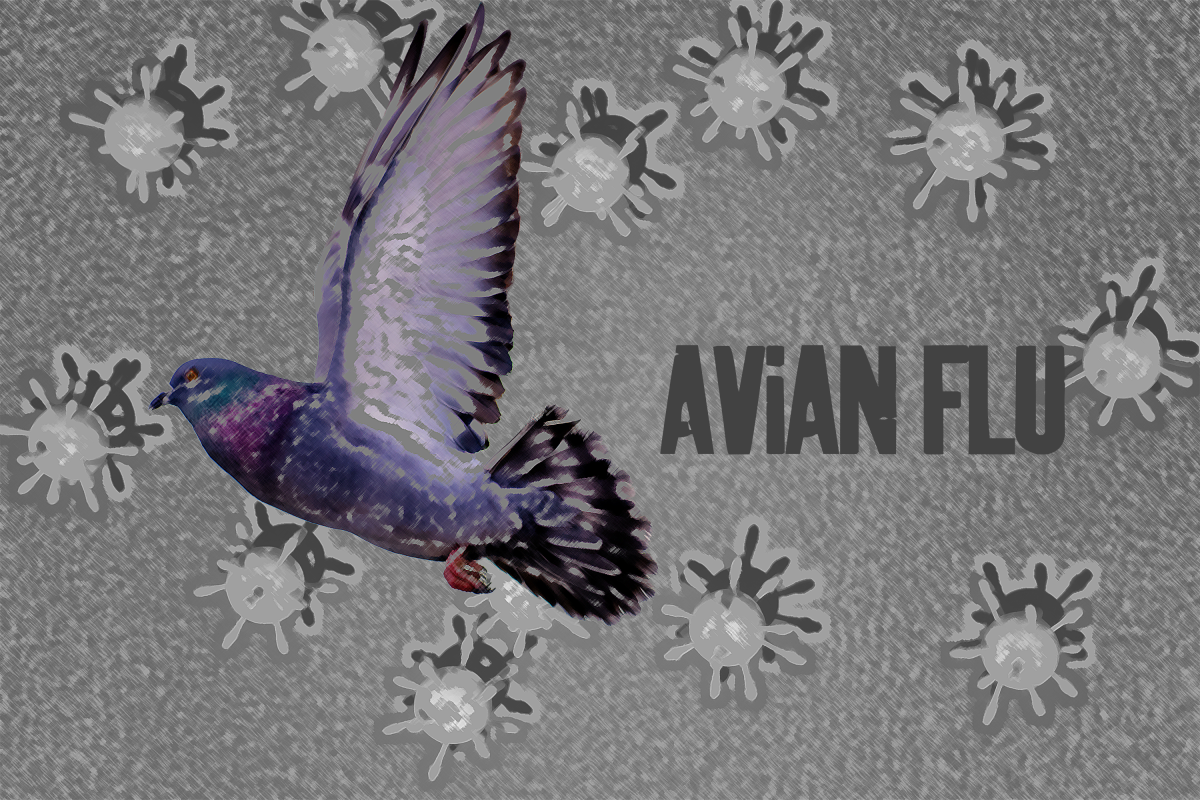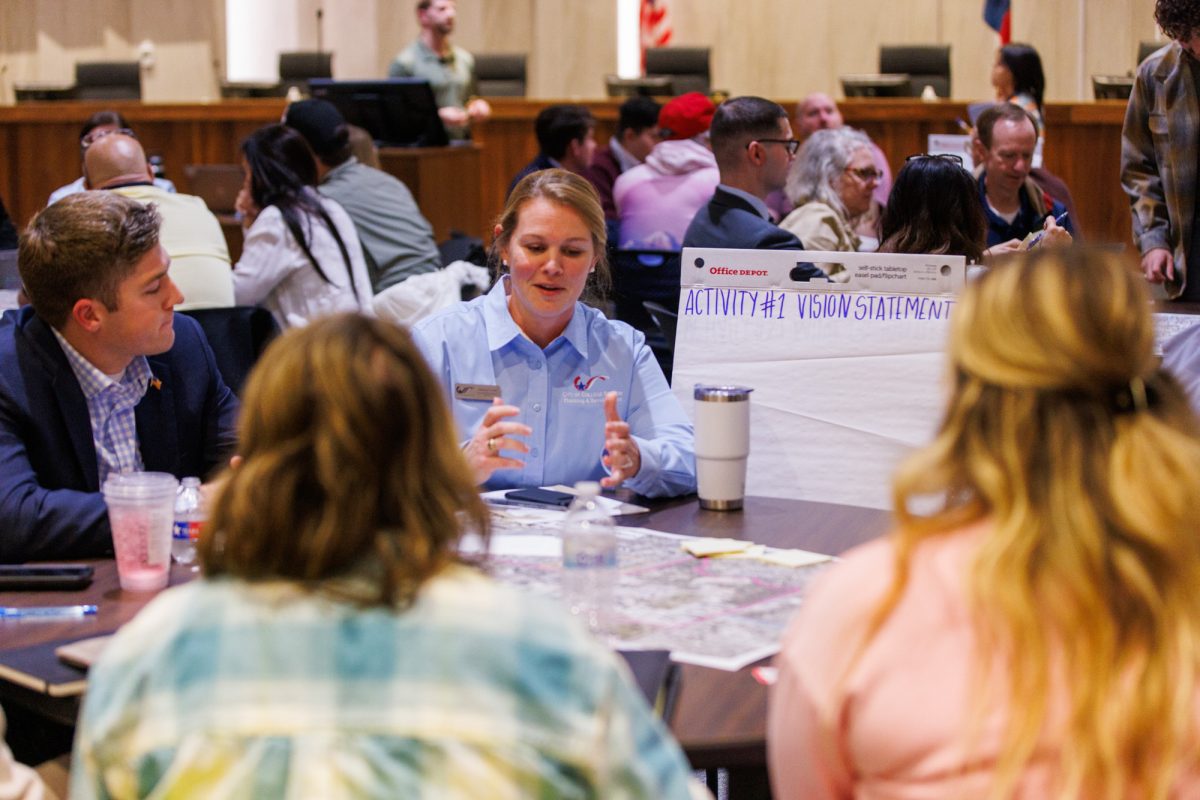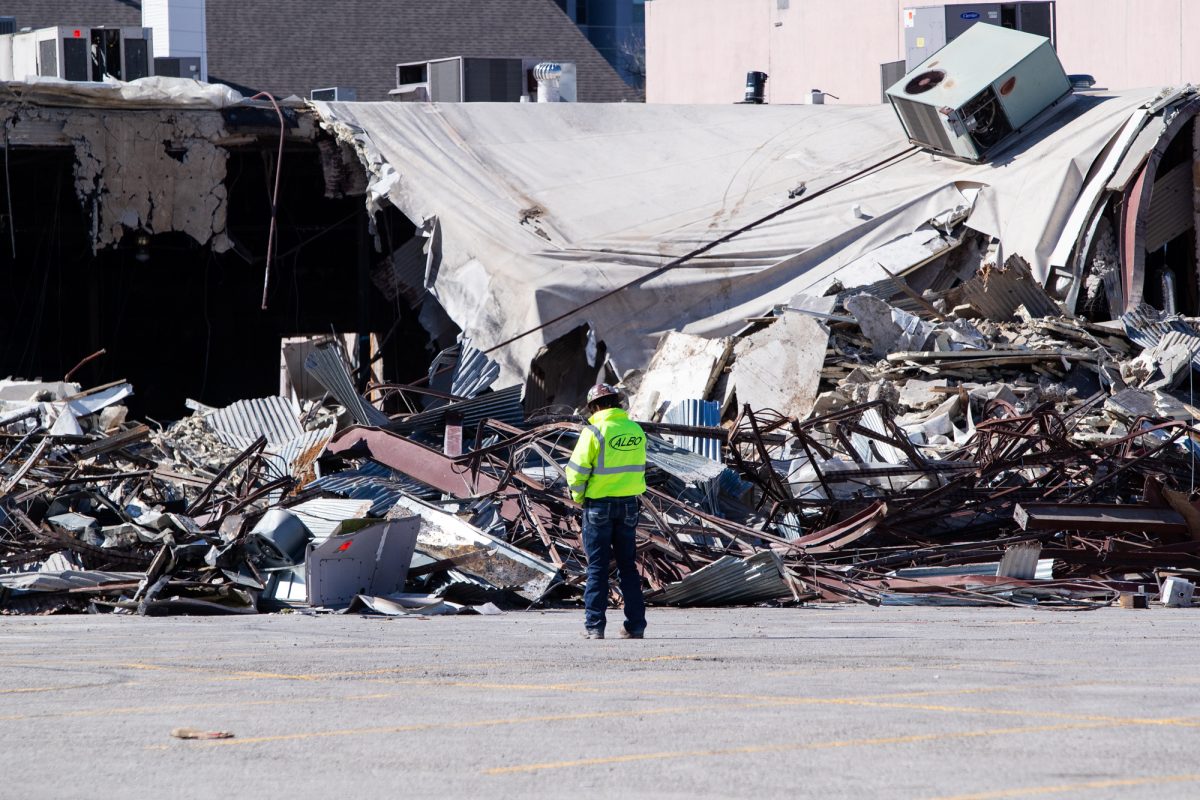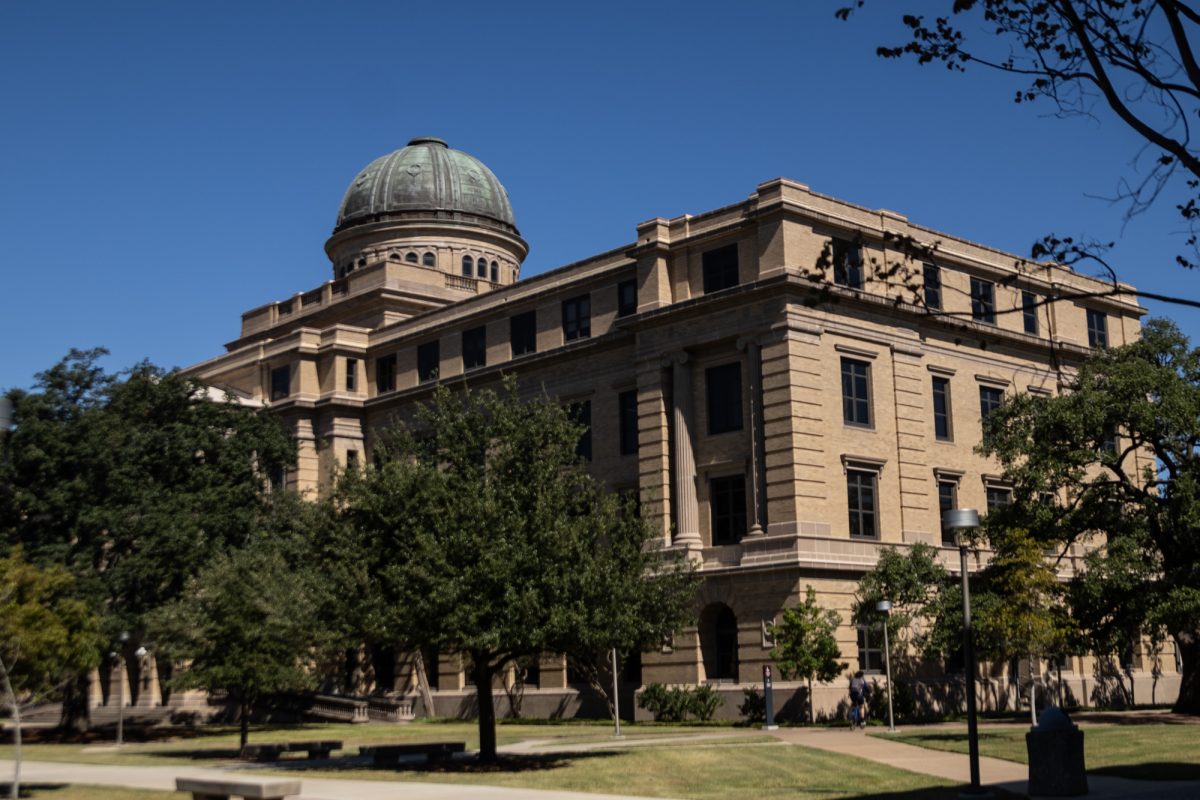After Jamal Khashoggi entered the Saudi consulate in Istanbul, Turkey on Oct. 2 and never emerged, the Saudi government is offering an explanation that does not satisfy the rest of the world.
A permanent U.S. resident, Khashoggi had been using his platform as a writer for The Washington Post to criticize the Saudi government. He visited the Saudi consulate in Istanbul to obtain divorce papers that would enable him to remarry. His Turkish fiancée waited outside the consulate but never saw him again.
The Saudi government initially denied that anything happened to Khashoggi in the consulate, but early Saturday, it released a statement claiming he had died in a fistfight and that 18 Saudi suspects had been arrested. They deny that the killing is connected in any way to Crown Prince Mohammed bin Salman or King Salman, according to the Associated Press.
Gregory Gause, professor of international affairs and head of the International Affairs Department at the Bush School of Government and Public Service, said he was surprised to hear about Khashoggi’s death.
“It’s uncharacteristic of Saudi Arabia to do something this high profile,” Gause said. “They are not kind to dissidents at home, but the brazenness of this is unique in recent years.”
For weeks, the Turkish media has leaked findings from their government’s investigation, claiming there was video footage of a cleaning crew entering the consulate and that investigators reported smelling chemicals and fresh paint when they were finally allowed to enter. According to The Washington Post, these would be convincing signs of a cover-up.
Instructional assistant professor of journalism Hannele Rubin said she is alarmed by this event and what it means for journalists in general.
“When it comes to government corruption, journalists tend to be the canary in the coal mine, sounding the alarm,” Rubin said. “Khashoggi was the most prominent victim, but there are many other human rights abuses under authoritarian regimes like Saudi Arabia’s.”
The Turkish government and U.S. officials agree it is highly likely that the crown prince of Saudi Arabia, Mohammad bin Salman, was directly involved or at least knew about the plot to kill Khashoggi, according to the Associated Press. On Tuesday, U.S. President Donald Trump called the situation “the worst in the history of cover-ups,” though he has been hesitant to condemn the crown prince or the king, citing the importance of the U.S. arms trade with the kingdom.
“There is speculation that the Trump family has economic interest in Saudi Arabia, but who knows?” Gause said. “Saudi Arabia bought property in Trump buildings and Trump hotels. I don’t think he owns property in Saudi Arabia, but clearly he has business dealings with them.”
The suspicion of the royal family’s involvement has already led to international backlash, according to Gause. In an act of protest, many high-profile business leaders have pulled out of the Future Investment Initiative being hosted in Saudi Arabia next week.
“This will eventually dissipate because of the strategic importance of that part of the world, due to oil, and because people have interests in economic and political relationships with Saudi Arabia,” Gause said.
Rubin said she does not want the world to let this go as journalists are an important line of defense against government corruption and abuse.
“The best disinfectant is sunlight,” Rubin said. “The best way to combat corruption is by revealing it. If honest, public-service minded journalists can’t do that, who will? My other concern is when journalism can be so dangerous, who will be the next person to step up? I’m afraid these incidents might have a chilling effect on would-be reporters.”
According to a surveillance video leaked by CNN, Khashoggi’s clothes were worn by a man leaving the consulate on Oct. 2 in an apparent attempt to cover up his death. The man later changed out of the clothes in a public restroom. According to the Associated Press, Turkish president Recep Tayyip Erdogan said the killing must have been plotted days in advance, and he wants the suspects tried in Turkish courts.
“The only weapons journalists have are their words, their compassion and their curiosity,” Rubin said. “Khashoggi and many other journalists have been assaulted, imprisoned and killed just for using words.”
A&M professors offer perspectives on murder of Saudi Arabian journalist
October 23, 2018
Photo by Creative Commons
Before his death, Saudi journalist Jamal Khashoggi had been living in the U.S.
0
Donate to The Battalion
$810
$3500
Contributed
Our Goal
Your donation will support the student journalists of Texas A&M University - College Station. Your contribution will allow us to purchase equipment and cover our annual website hosting costs, in addition to paying freelance staffers for their work, travel costs for coverage and more!
More to Discover




